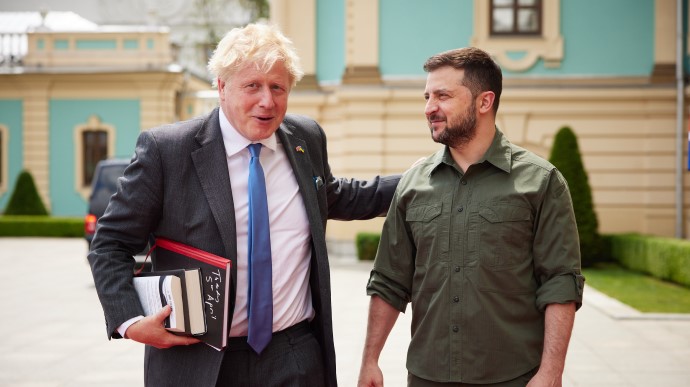Britain's nuclear submarine engineers use software designed in Russia and Belarus, in contravention of the UK Defense Ministry's rules, according to The Telegraph.
The software was supposed to be created by British personnel who would have access to classified information, but its development was partially outsourced to developers in Siberia and Belarus.
Now, concerns have emerged that the code created by Russian and Belarusian developers could be used to disclose the location of British submarines.
The investigation revealed that the company that outsourced the work on the intranet network for nuclear submarine engineers to Russia and Belarus kept it secret and discussed whether it could conceal the workers' locations.
Apart from the navy, other concerns are related to other defense capabilities that might have been compromised, as the investigation discovered that a previous project was also outsourced to developers in Minsk.
Rolls-Royce Submarines, which services the nuclear submarine fleet, planned to update the intranet for its employees and subcontracted WM Reply, a digital technology consulting firm.
WM Reply engaged developers from Belarus, Russia's closest ally, one of whom, according to documents provided in response to a Ministry of Defense inquiry, actually worked from home in Tomsk.
The intranet system contained the personal data of all Rolls-Royce Submarines employees and the organizational structure of those working on the UK submarine fleet.
In the summer of 2020, WM Reply employees began raising alarms about the security implications following the work of Belarusian personnel on the project and suggested informing Rolls-Royce.
The company stated that it conducted a complete IT security check of any coding before it was introduced into its network.
Related:
- ISW: Russian “compatriot card” program potentially justifying future foreign interventions
- Russia corners forcibly deported Ukrainians in Russian citizenship – National Resistance Center
- UK intel: Russia’s recruitment drive targets migrant workers to bypass domestic mobilization
- Informal channels facilitate Cuban enlistment in Russian military against Ukraine
- British ministry: Russia aims to recruit 400,000 contract soldiers in 2024





